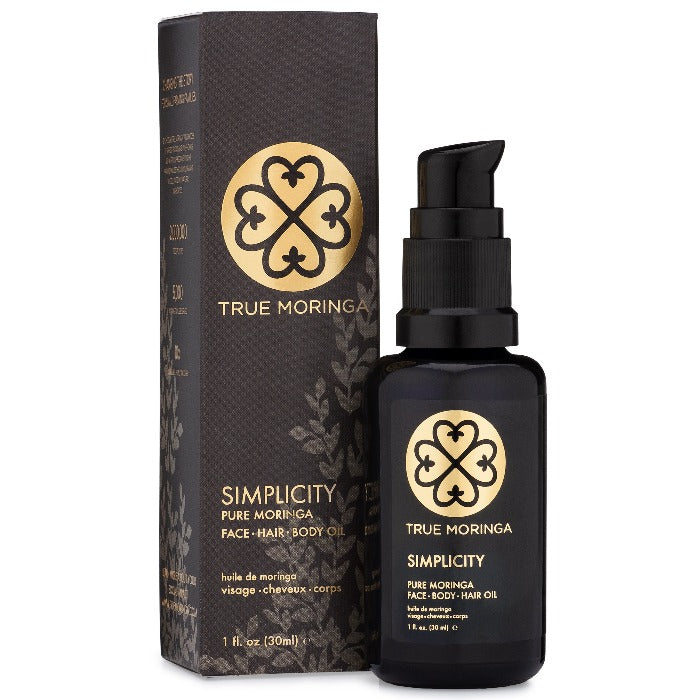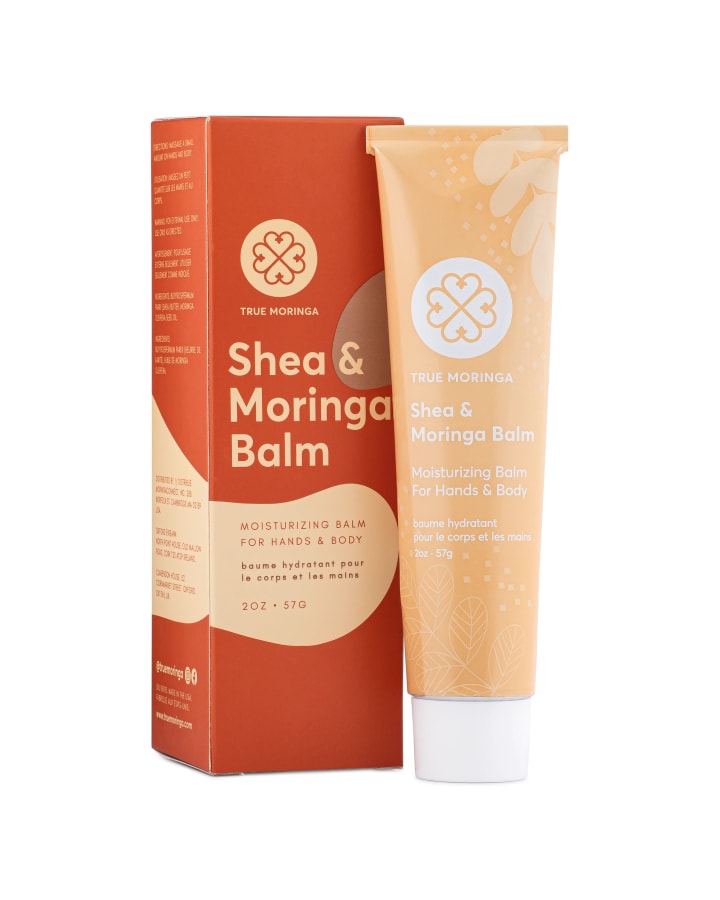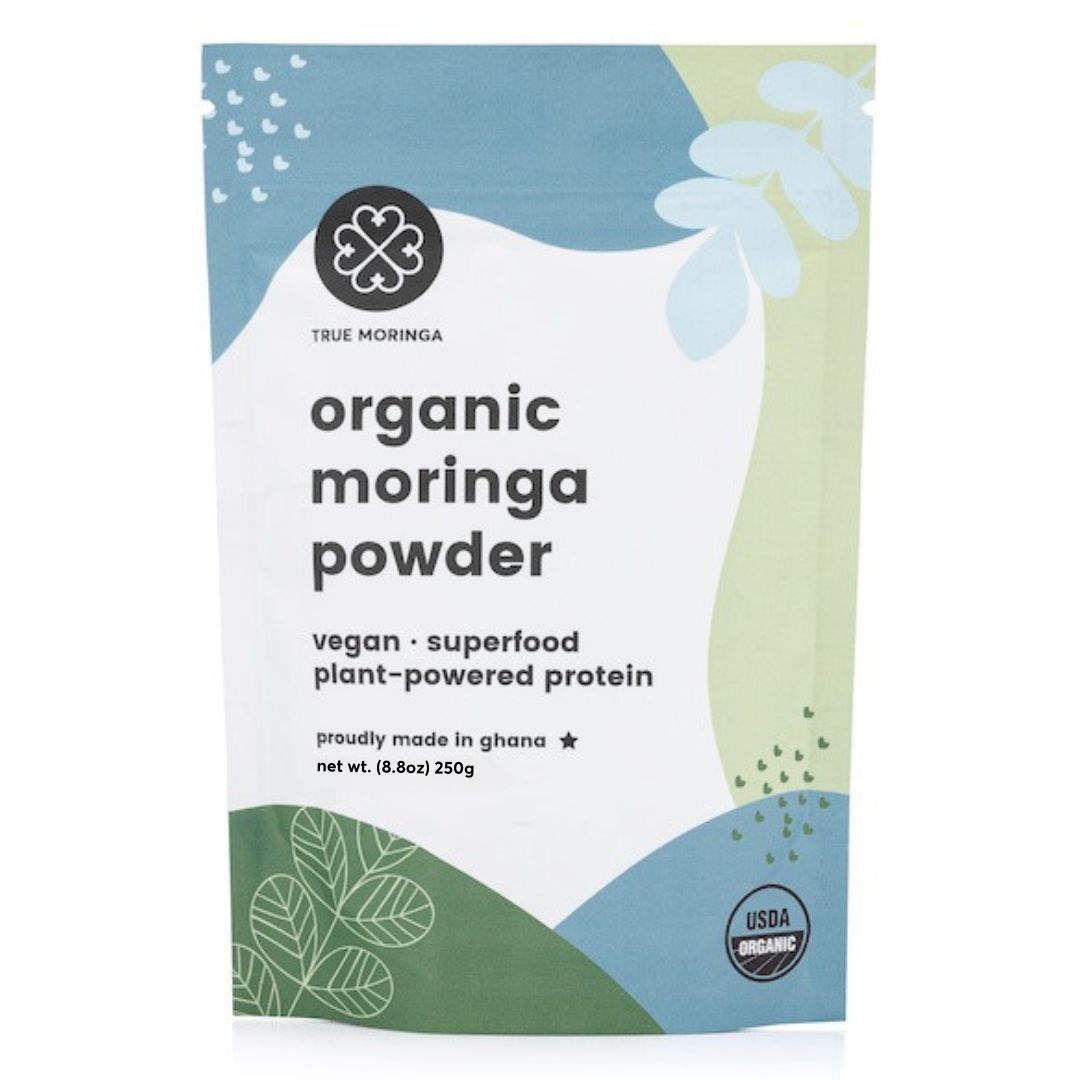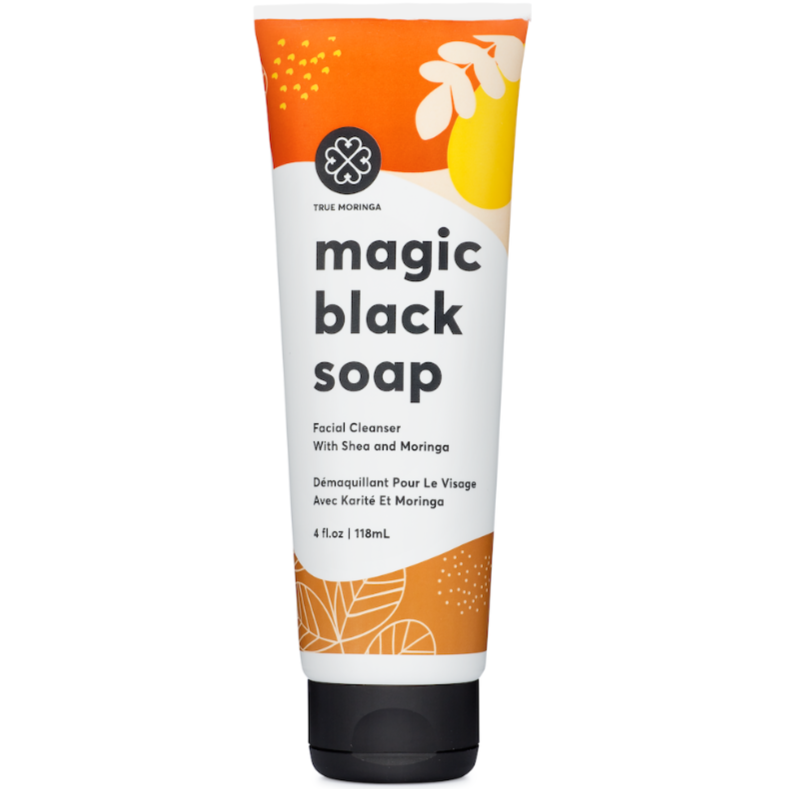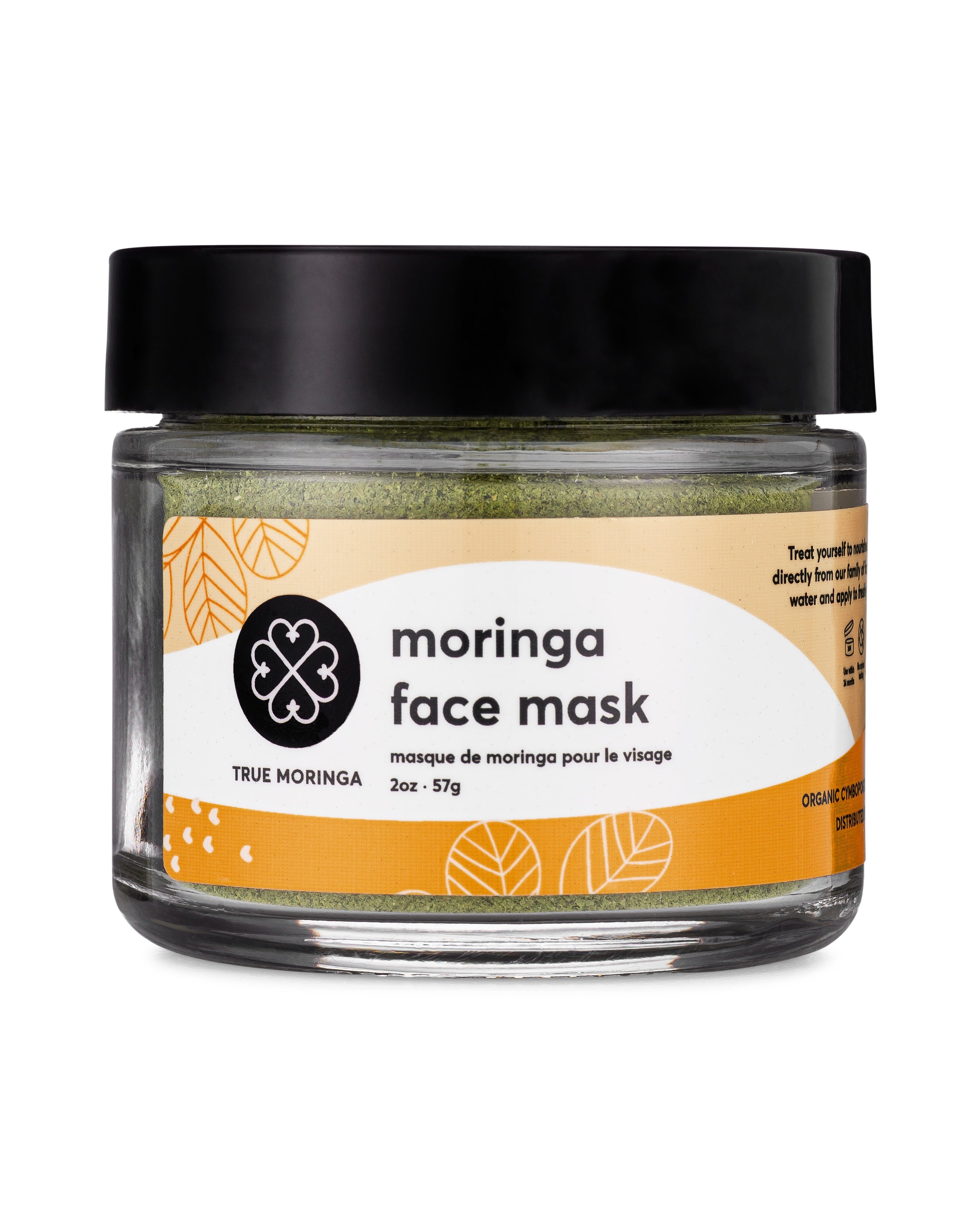



The Difference Between Sealing Oils and Moisturizing Oils
Our skin naturally produces oils (sebum) to moisturize and protect our skin and hair but sometimes we need to give our skin a little assistance by adding a little more oil. Using oils has the incredible ability to both moisturize and help keep moisture in our skin and hair. The differences in those oils are whether your oil moisturizes or seals. In skin care these are also known as occlusive (sealants) agents and emollients (moisturizers). It’s a subtle difference, but hear us out.
Moisturizing Oils
Plant oils are similar to the type of oils your skin produces naturally and can be applied to your skin without clogging your pores. When choosing what oils you use to moisturize, take note of its comedogenic rating. The lower the number, the most likely it won’t clog your pores.
Moisturizing oils, especially when compared to lotions, can be more effective. Lotions are typically oils emulsified in water with additional ingredients added to cater to particular market tastes. The oils in lotions are sometimes not comedogenic, for example mineral oils. Mineral oils can cause blocked pores and acne in some people.
By using oil instead of lotion to moisturize, you take the key ingredient that matters the most and apply it directly to your skin - oil. And you get to choose ones that will get you the skin you want.
Sealing Oils
When moisturizing hair, not all oils can penetrate the hair shaft. Those oils sit on top of your hair and lock in moisture, but don’t add any moisture. What oils are able to penetrate your hair shaft varies from person to person. These are sealants.
For skin, if your skin is dry, using occlusive oils will not help. Because sealants (occlusive oils) don’t add moisture to your skin. If your skin is dry you’re not helping it by trapping in moisture - there’s not much moisture to trap in the first place! Make sure your before you seal you have properly moisturized.

